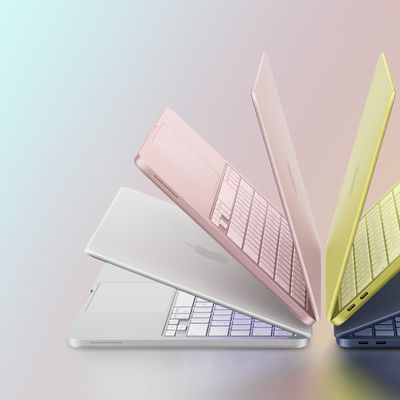Apple recently hired two high-level baseband hardware engineers who left their longtime positions at Broadcom to join the team at Apple, reports AppleInsider. The discovery of these recent hires follows a report earlier this week that suggests Apple is assembling a team of engineers to develop its own baseband chips for future iPhone models. This baseband hardware controls the radio functions of a device, handling cellular connectivity details such as signal generation, modulation and more.

The first hire in January 2014 was RF engineer Xiping Wang, who spent over ten years at Broadcom as a Design Engineer and manager of Hardware Development Engineering. Wang was followed by principal engineer and Chip Lead Paul Chang, who joined Apple in February 2014. At Broadcom, Chang was a hardware lead, overseeing the team that developed baseband transceivers for Nokia and Samsung mobile devices.
All together, Apple has assembled at least 30 mid- and senior-level baseband software and hardware engineers from Broadcom and current iPhone baseband vendor Qualcomm over the past three years. Apple is also advertising more than 50 additional openings related to RF chip design, an indication that the build-up is not yet complete.
Apple currently purchases its baseband hardware from Qualcomm, but has recently made acquisitions that would bring more of its chip development in-house. Last year, Apple acquired low-power wireless chip provider Passif Semiconductor and is in talks to acquire Renesas SP Drivers, a division of Renesas Electronics that develops chips for smartphone displays.
These acquisitions are part of a larger move by Apple to control the development and production of its core technologies. This push started with the development of Apple's ARM-based "A" series processor that powers its iPhone, iPad, iPod touch and Apple TV. The A7 is the most recent processor in the series and is described as providing "desktop class" performance for Apple's mobile devices.






















